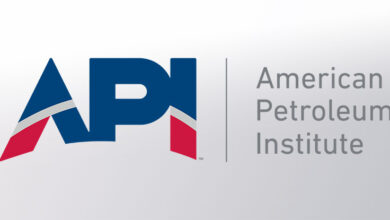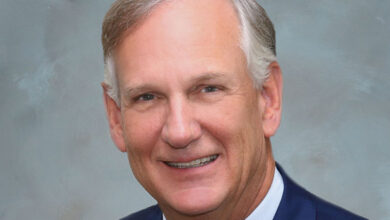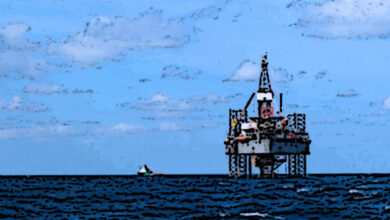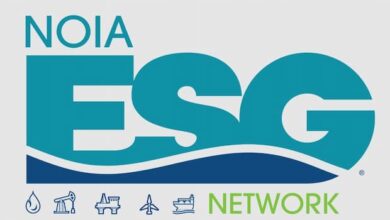News Cuttings
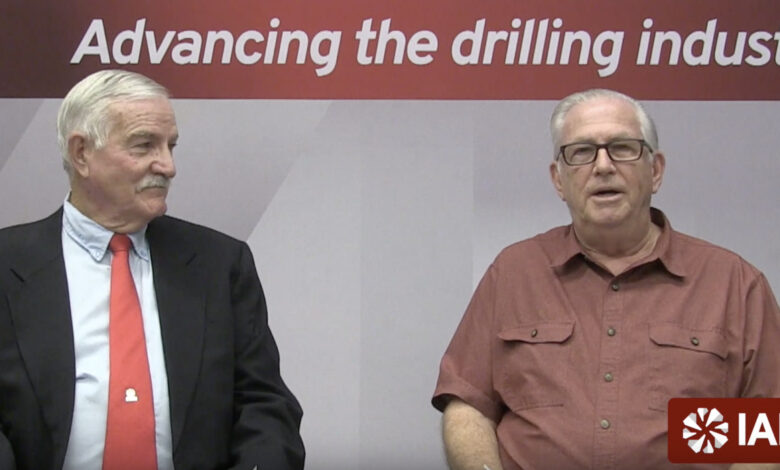
IADC DrillingIN podcast highlights Well Integrity book
In the first episode of IADC’s DrillingIN book review podcast, released 20 January, Fred Growcock, Chairman of the IADC Technical Publications Committee, spoke with author Les Skinner about “Well Integrity for Workovers and Recompletions.”
Mr Skinner, Drilling and Operations Advisor at Eureka Energy Advisors, discussed some of the key content in the book, including insight into how to protect wells through the production, workover and recompletion cycle, from both an economic and a technical standpoint.
The book outlines the steps needed to ensure that production wells can be reentered and modified to maximize productivity for long-term gain. Over the course of seven chapters and six appendices, it covers everything about the basics of well integrity, workovers and recompletions; recognition of symptoms and performance of diagnostic tests to determine well integrity and potential failure modes; and assess risk and economics.
The book also features real-world examples, with quizzes at the end of each chapter.
Click here to watch the DrillingIN video podcast.
IADC committee, IPIECA engage on sustainability roadmap, reporting
Isabel Miranda, Director of Sustainability and Social Performance at IPIECA, gave a guest presentation at a meeting of the IADC Sustainability Committee on 10 February. IPIECA, which IADC joined late last year, is a nonprofit association committed to improving the oil and gas industry’s ESG performance. Ms Miranda spoke about the group’s recent work in aligning industry stakeholders around sustainability.
One recent initiative is the Sustainability Development Goals (SDGs) Roadmap, which IPIECA developed in collaboration with the World Business Council for Sustainable Development. The groups looked at the 17 United Nations SDGs and highlighted 10 where the oil and gas sector has the most influence by driving innovations. From there, the roadmap identified eight “impact opportunities” under three themes: climate, nature and people. It outlines short-, medium- and long-term actions for IPIECA and the industry to maximize each opportunity, with a focus on scaling up good practices on climate action, environmental responsibility and social performance.
Ms Miranda also presented updates to the Sustainability Reporting Guidance, which IPIECA published with API and the International Association of Oil & Gas Producers in 2020. Notably, a modular approach to reporting has been adopted: The guidance now includes 43 indicator categories, each with two revised tiers of reporting elements, core and additional. The updated guidance also has new “key points to address,” with practical recommendations on developing a report’s narrative. The reporting of performance indicators related to climate change and industry has also been improved.
The IPIECA Reporting Working Group has already begun new discussions and will likely begin formalizing additional updates toward the end of this year.
Click here to access the IADC Sustainability Committee webpage.
IADC, SPE student chapters hold joint CCUS workshop
In late January, IADC and SPE student chapters at the University of North Dakota hosted a one-day workshop dedicated to discussing current initiatives and challenges related to carbon capture, utilization and storage (CCUS).
More than 180 people attended the workshop. Topics discussed included subsurface geologic storage; CO2-enhanced hydrocarbon recovery; reservoir monitoring and risk assessment; case studies; industry applications; economics, incentives and policy; infrastructure; and non-technical considerations.
The student chapters hosted 12 talks, 10 speakers and 12 sessions at the workshop, which gave participants a complete perspective on how, where and why CCUS could grow in the future.
CCUS is an emerging field that involves the capture of CO2 from fuel combustion or industrial processes, the transport of this CO2 via ship or pipeline, and either its use to create valuable products or services or its permanent storage underground in geological formations. Countries and industry leaders are actively supporting the R&D of CCUS technologies to achieve a goal of net-zero emissions.

